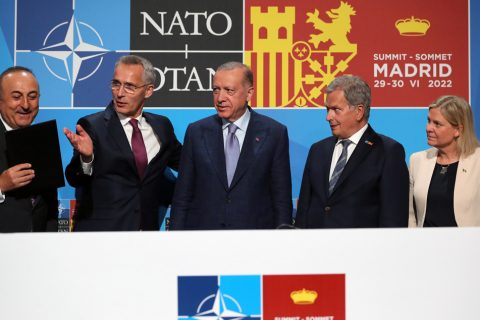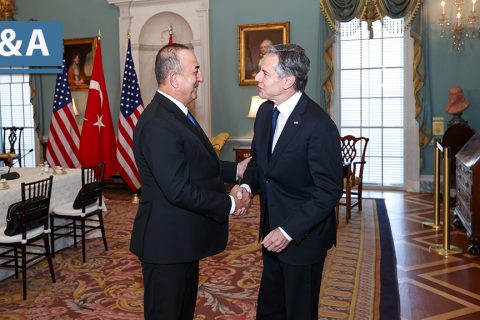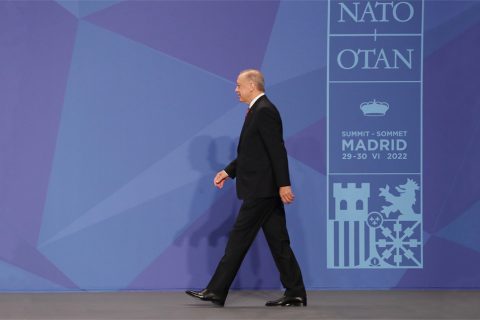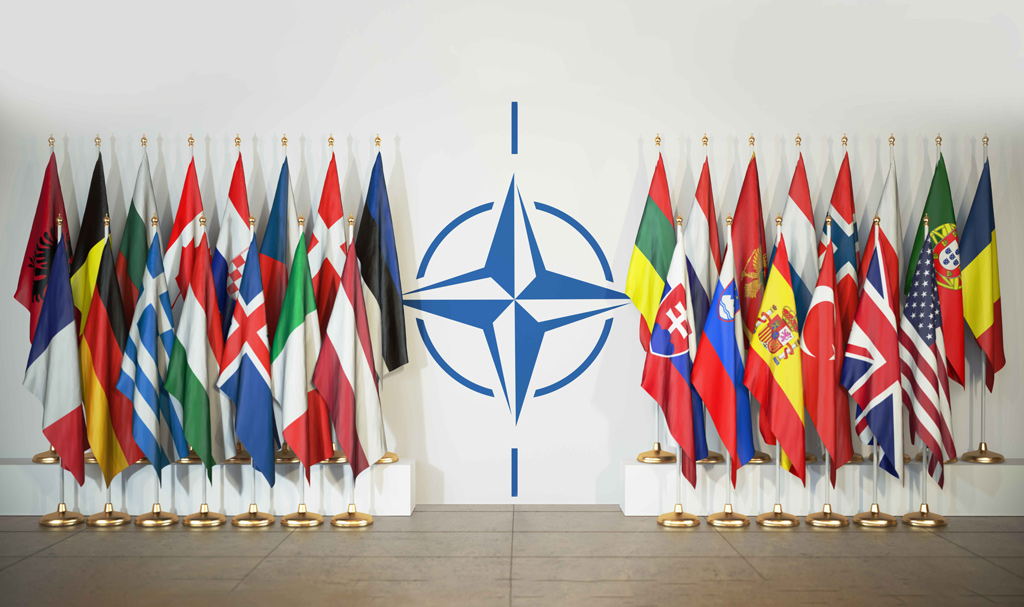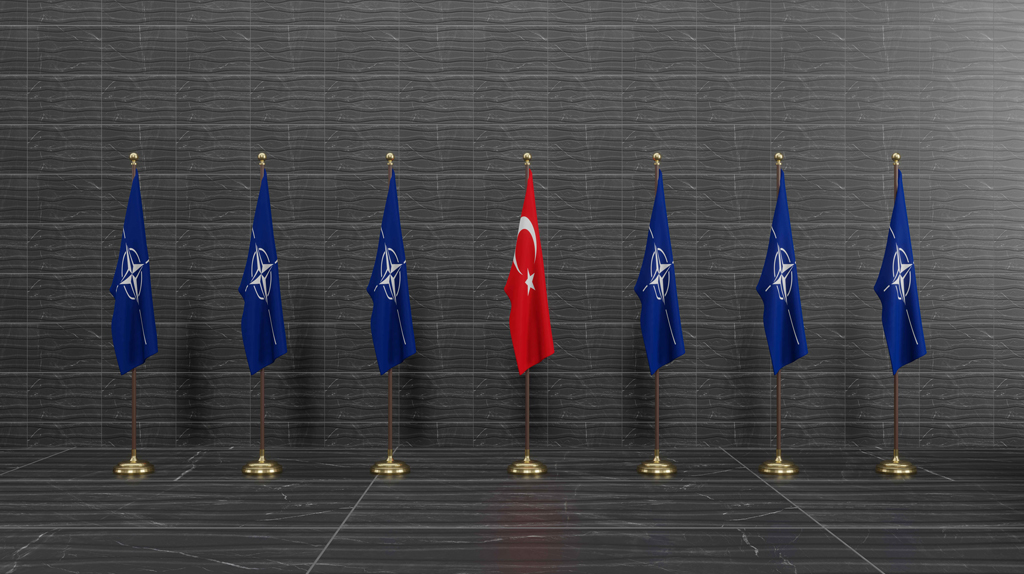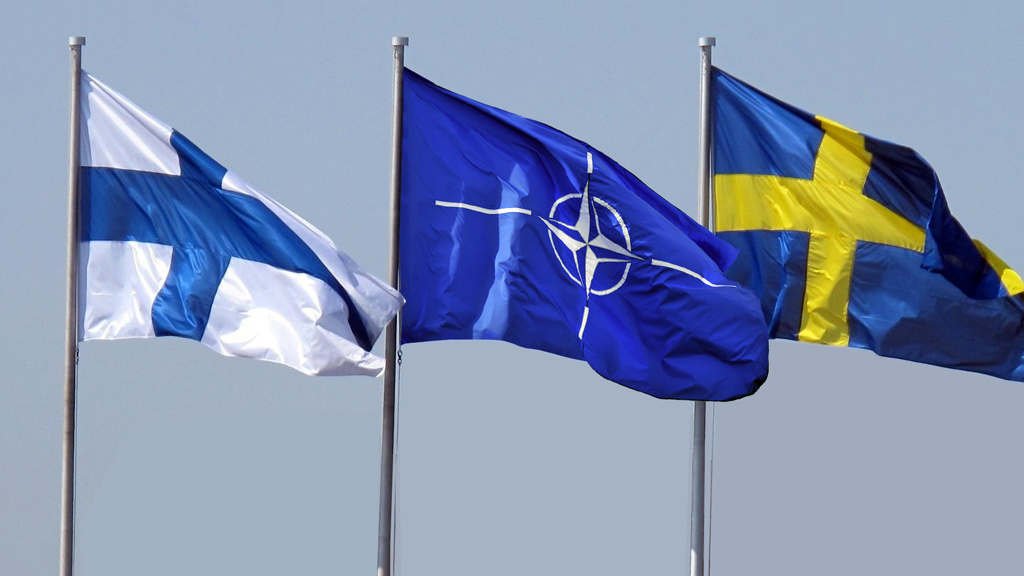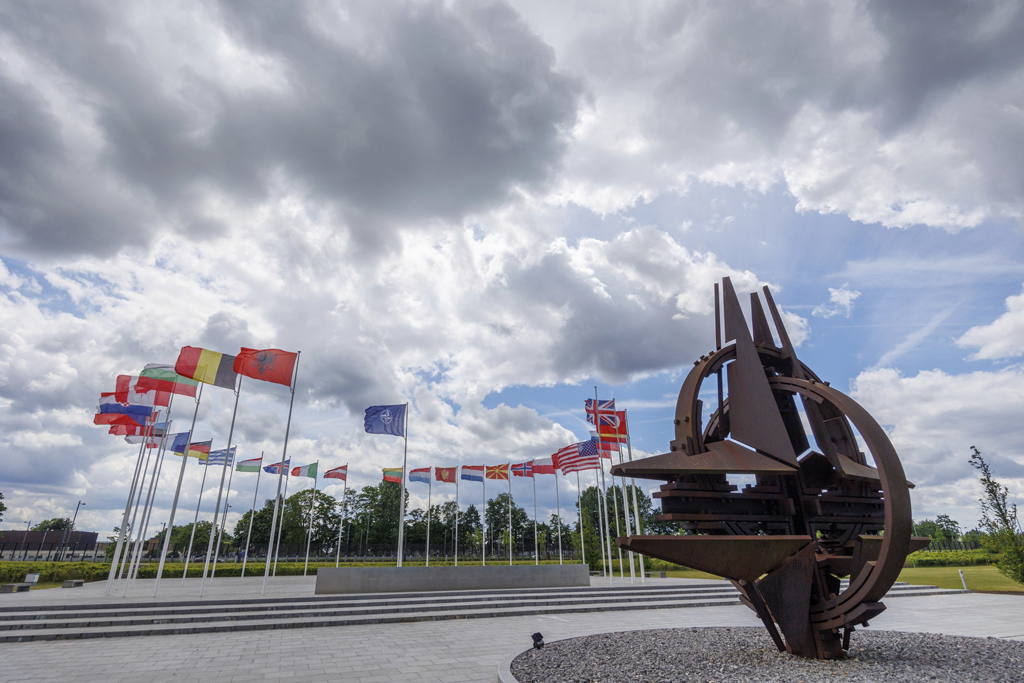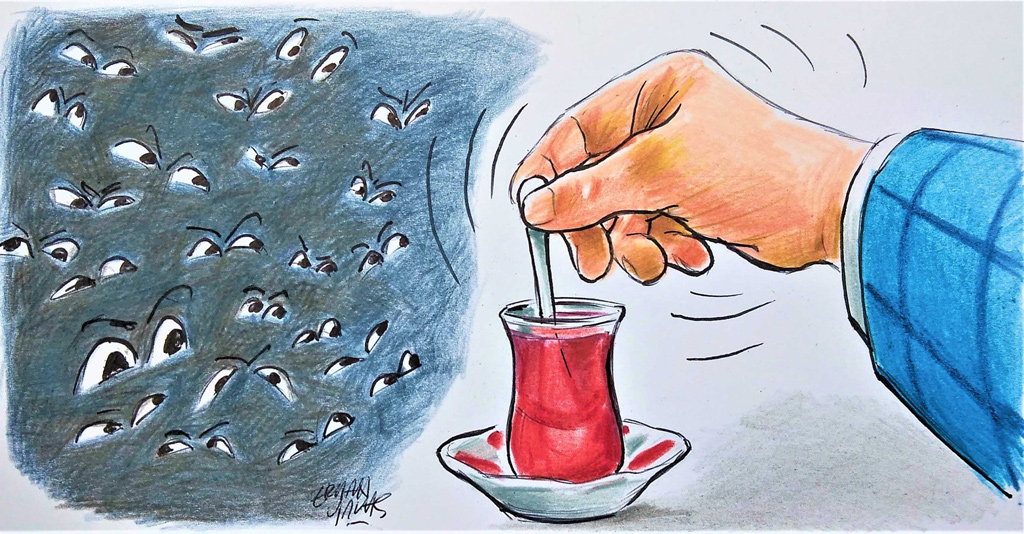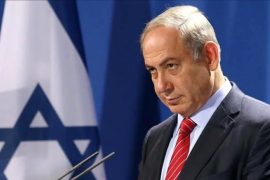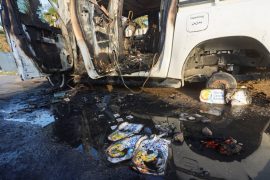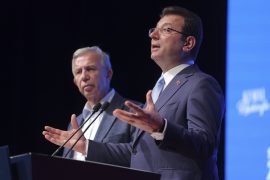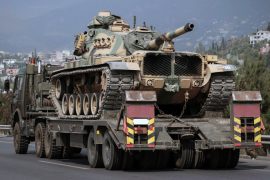Sweden-PKK/PYD/YPG/SDF Relations
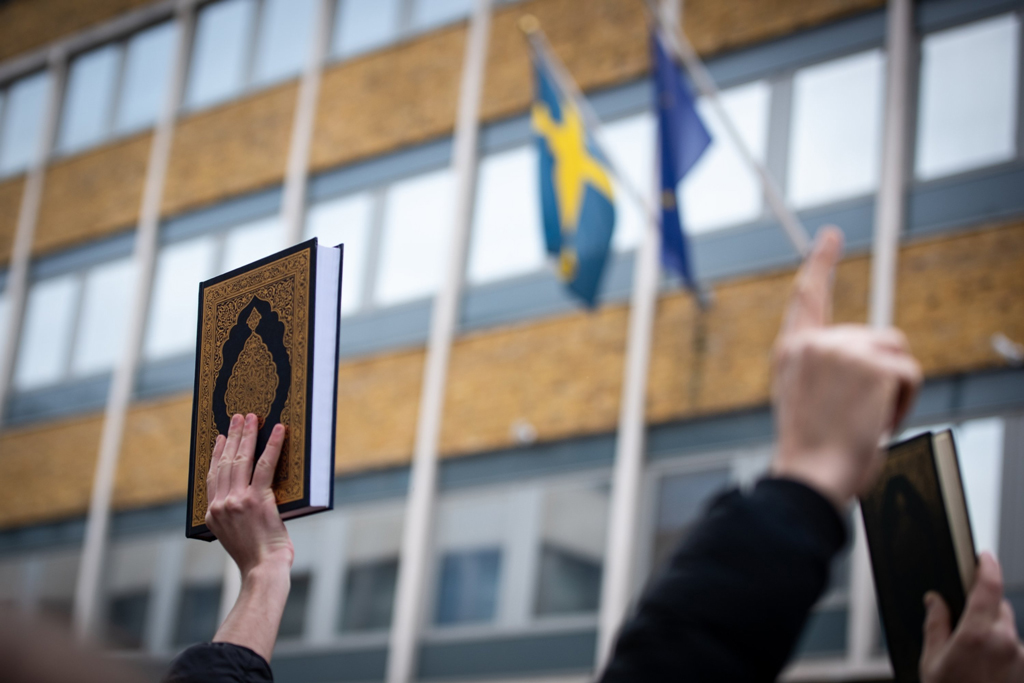
Quran burning amid Qurban Bayram and Erdoğan’s message to the West
| OpinionSweden made headlines in Türkiye again this week by permitting yet another Quran burning under …
-
Opinion
Sweden Must Face Its Commitments Instead of Instrumentalizing Anti-Turkish and Anti-Muslim Sentiments
By Talha KöseSweden is unlikely to make any move that could play into President Erdogan’s hand ahead of Turkey’s upcoming elections.
-
5 Questions
Q&A: Turkish Foreign Minister’s Visit to Washington
By Kadir ÜstünWhat is the background and significance of the Turkish foreign minister’s visit to Washington? What are the differences and similarities between the two countries’ Ukraine policies? Will the U.S. sell F-16s to Türkiye? What is Türkiye’s position on Finland and Sweden’s NATO membership? What is Washington’s view on Türkiye’s engagement with the Syrian regime?
-
Opinion
Madrid summit: Acquirement and its aftermath
By Burhanettin DuranTürkiye has done is stop blocking NATO's extension of an invitation to the countries. In other words, their accession process has just started, not ended.
Bu Konuda Daha Fazla
-
NATO at the Crossroads
By Murat YeşiltaşIn this collection of essays, we discuss how NATO can overcome strategic challenges and recalibrate the strength of the alliance under the new geopolitical circumstances. The essays in this report focus on NATO’s transformations after the Ukraine war and attempt to understand Türkiye’s foreign policy alternatives within the context of its relations with the West, Russia, and NATO.
-
Making Sense of Türkiye’s Role in the Future of...
By Rıfat ÖncelThis paper consists of two main parts. In the first part, it explains the main priorities that NATO is focusing on by elaborating on the Russian attack on Ukraine, the China challenge, and the changing character of military and non-military threats. In the second part, the paper delivers a framework to make sense of why Türkiye particularly attaches unique significance to some issues. It concludes that Türkiye will continue to support NATO endeavors but the country expects its allies to cooperate on counterterrorism efforts and also expects calibrated and meaningful engagement in Greek-Turkish disagreements.
-
Understanding Türkiye’s position on NATO enlargement
By Kadir ÜstünTürkiye's reservations against Finland and Sweden's membership emanate from Ankara's long-standing frustration over Western tolerance and support for the PKK/YPG
-
Who overshadows NATO’s Madrid summit?
By Burhanettin DuranThe NATO allies need to make rational decisions to promote intra-alliance solidarity at the Madrid summit.
-
The meaning of Erdoğan’s last three moves
By Burhanettin DuranWith his latest moves, Erdoğan is not starting a crisis but instead highlighting a framework for justice and a lasting alliance in Turkey’s relations with NATO, the U.S. and Greece
